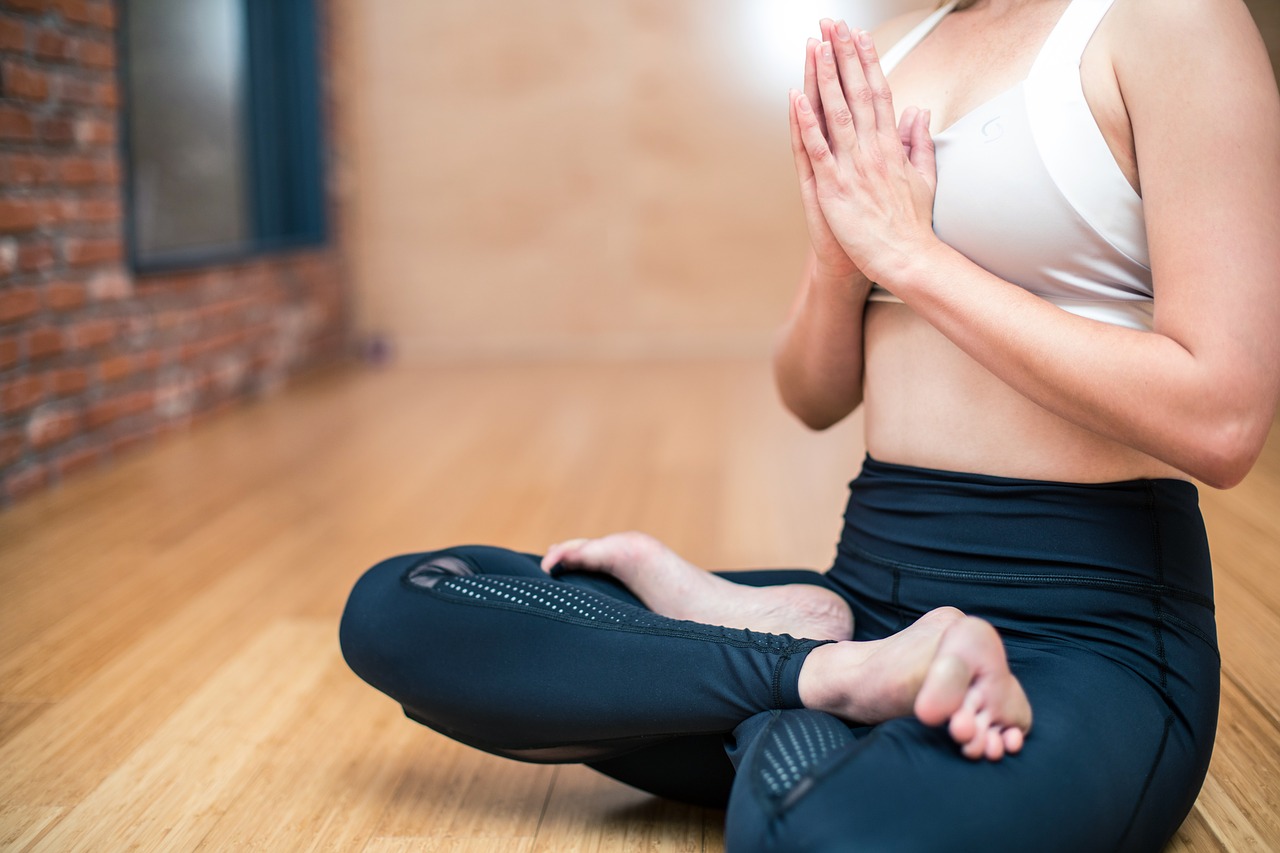
More than 25% of people who regularly meditate have had a “particularly unpleasant” psychological experience including feelings of anxiety and distorted thoughts. The new University College London-led study, published in PLOS ONE, surveyed over 1,200 regular meditators with at least two months of meditation experience.
Although most scientific investigations have previously been interested in understanding the positive effects of meditation, recent reports and case studies were linking meditation with instances of anxiety, panic, and the worsening of existing symptoms. Buddhist traditions also contain reports of similar experiences. These meditative traditions have developed a variety of frameworks to help meditators understand the nature of these experiences and how to respond to them. However, there is no agreement between traditions on what exactly these experiences are and why they arise.
As a first empirical step, lead author Marco Schlosser, a researcher in the Division of Psychiatry, supported by researchers at Witten/Herdecke University, Germany, and the University of Ljubljana, Slovenia, aimed to understand the prevalence of unpleasant psychological experiences that people can encounter in their meditation practice. Participants were asked whether they have had particularly unpleasant experiences, which they thought may have been caused by their meditation practice (e.g. fear, altered sense of the world). The researchers also collected details about the type of meditations participants practiced.
Interestingly, female and religious meditators were less likely to report unpleasant meditation-related experiences. In contrast, meditators with higher levels of repetitive negative thinking were more likely to have encountered unpleasant experiences, as were those who had attended a meditation retreat previously and those who only practiced deconstructive meditations such as vipassana.
Vipassana meditation tries to weaken inherent beliefs and views that guide our lives including the belief in a permanent and independent self. For example, vipassana meditators are invited to focus their attention on the impermanent flow of thoughts, emotions, and body sensations as they arise in awareness. Training this kind of meditative inquiry is aimed at dissolving unhelpful cognitive and emotional patterns. It is perhaps not surprising that when deeply held beliefs and perceptions are challenged, unpleasant experiences might arise (e.g. fear of annihilation).
Some important limitations apply. For example, the researchers did not capture the type and severity of unpleasant meditation-related experiences. Pre-existing mental health problems, which were not measured in this study, could have conflated the reported prevalence estimates. Further, the researchers asked participants at only one point in time, and it can therefore not be concluded that meditation practice was the cause of these unpleasant experiences.
Marco Schlosser said, “We need to increase the diversity of meditative experiences we study. This will allow us to ask how, why, and when meditators encounter such meditation-related experiences. Longitudinal research will help to entangle when unpleasant experiences are conducive to meditative development and when they present unnecessary negative effects.”
The researchers caution readers not to draw any fast conclusions about the side effects that meditation could carry. More research and collaborations between scientific, psychotherapeutic, and Buddhist frameworks are now needed to shine further light on the nature of these experiences.
These findings are described in the article entitled Unpleasant meditation-related experiences in regular meditators: Prevalence, predictors, and conceptual considerations, recently published in the journal PLOS One.









